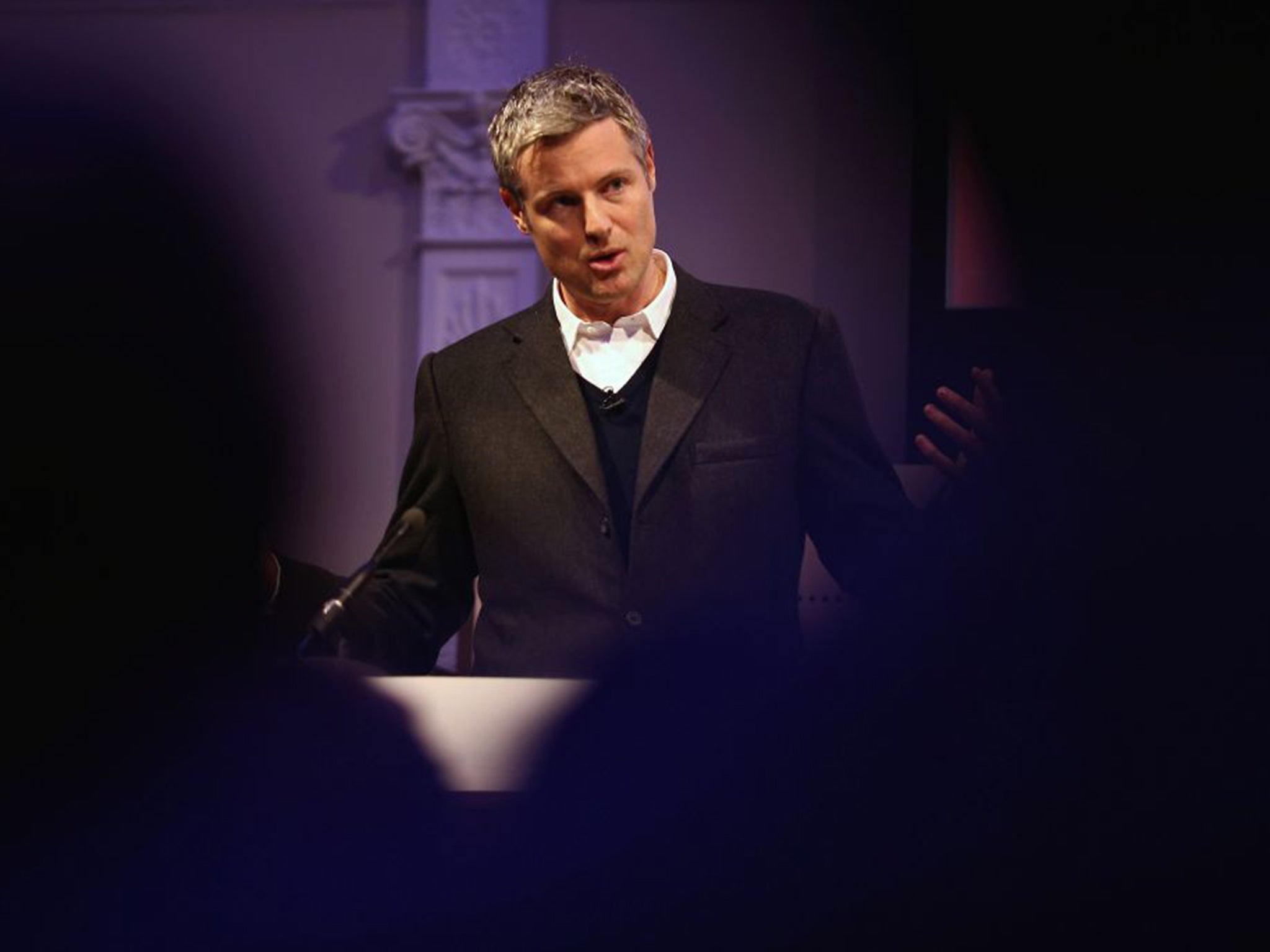Why do we know so little about Sadiq Khan and Zac Goldsmith's policies?
The race for City Hall has been boiled down to a debate over extremism and personal wealth. London, and all the candidates for the capital's top job, deserve better

It is often claimed, perfectly fairly, that the media is far too London-centric and that metropolitan concerns and values do not always reflect those of the rest of southern England, let alone the country as a whole. And yet, in the coverage and attention paid to the London mayoral election, the media have, if anything, undercooked things.
This is, after all, the largest if not the greatest city in the land; a world city in the truest sense, where eight million souls make a living, raise families, worship their gods and find entertainment. Their fate matters – and who governs them matters as much as anyone. If their contribution to the national economy is sometimes overstated, and occasionally unhelpful (by attracting disproportionate talent and investment), the capital has still been a formidable engine of growth for decades.
So you might expect London's acute housing crisis, creaking transport infrastructure, glaring inequalities and poverty all too have featured prominently in a bitterly fought contest for City Hall. No such thing. All we have heard about Labour's Sadiq Khan are far-fetched stories about his "links" to terrorists or terror apologists – as if this peaceable, moderate man had some sort of secret agenda to blow up the buses and tubes who wishes to run. It is as absurd as it is offensive, and reveals a good deal about a different media bias: against Muslims running for public office.
Khan's probable success in the election on 5 May may or may not make living in London easier for many, but we have heard precious little about his policies to make a judgement. For many commentators it is more interesting to speculate about whether his election would be a good or bad for Labour leader Jeremy Corbyn than what it means for getting in to work from Zone 4.
Much the same goes for his Conservative opponent Zac Goldsmith, a wealthy man who has never pretended to be anything else. Again, his political fortunes are less fascinating to the political classes than his financial fortune, and he remains overshadowed by the current incumbent Boris Johnson. Interest in Mr Goldsmith's campaign has largely focussed on this private finances rather than those of London.
In these circumstances, the other candidates may as not be running at all. Not even her surname – unfortunate for a London politician –has propelled Caroline Pidgeon, the Liberal Democrat, into the public consciousness, while the Greens' Sian Berry has also been badly neglected by the media. Both are capable female politicians with a valid contribution to a lacklustre election campaign, not least regarding the Heathrow expansion. Both have been wilfully, if predictably, ignored, even though the electoral system of preferences means they should do better than in a traditional first-past-the-post parliamentary contest (first preferences can be a vote with the "heart" with a second choice a vote "by the head"). So little has been said of Respect candidate George Galloway that, despite his earlier popularity in some parts of the capital, few Londoners appear aware he is standing.
So the city's voters might be forgiven for mourning the passing of the age of Livingstone and Johnson, the two charismatic heavyweights who dominated the first two decades of restored London governance. Ken and Boris were bigger than their parties locally; they were national figures who could challenge party leaders and prime ministers on their own terms.
The man (and it will be a man) who succeeds them will be a smaller political figure, but the problems they face will be as formidable as ever. It is a pity, and not entirely their fault, that we know comparatively little about them and their priorities.
Join our commenting forum
Join thought-provoking conversations, follow other Independent readers and see their replies
0Comments